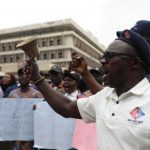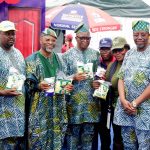General
The Impact of COVID-19 on Finance and Investment in Africa
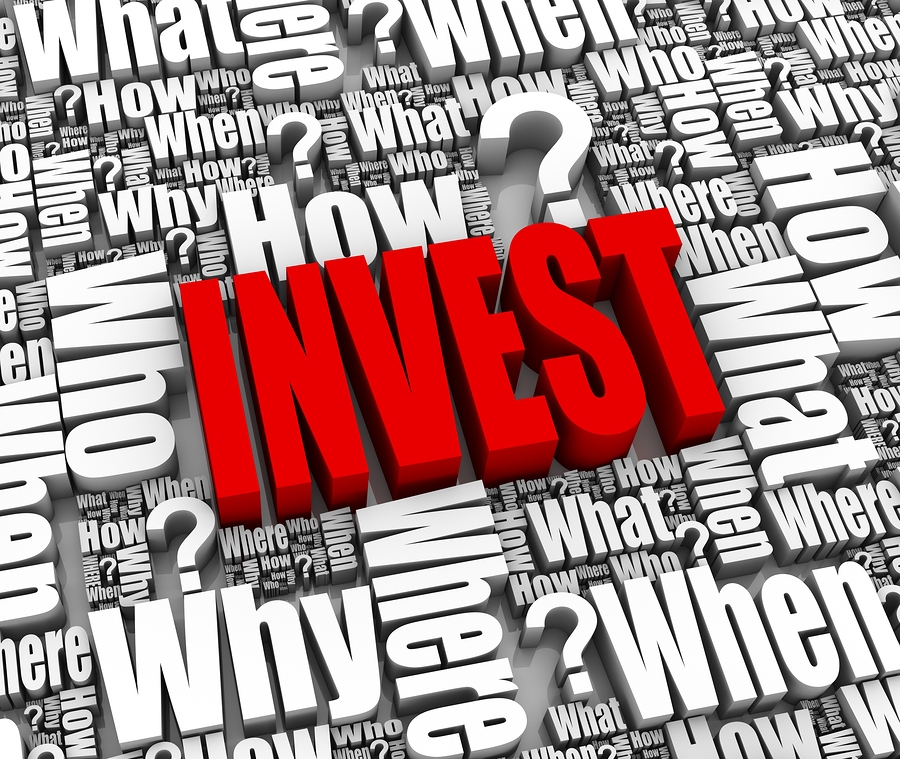
By Morne van der Merwe and Wildu du Plessis
The Coronavirus (COVID-19) has resulted in mass production shutdowns and supply chain disruptions due to port closures in China, causing global ripple effects across all economic sectors in a rare “twin supply-demand shock”.
With South Africa having just reported its first cases of COVID-19, Africa is beginning to feel its full impact and plans to control and manage the humanitarian challenges of the virus are underway across the continent.
Economically, the effects have already been felt – demand for Africa’s raw materials and commodities in China has declined and Africa’s access to industrial components and manufactured goods from the region has been hampered. This is causing further uncertainty in a continent already grappling with widespread geopolitical and economic instability.
The number of cases is reportedly slowing down in China, increasing expectations that it will eventually reach a plateau and be brought under control. However, in early March the Organisation for Economic Co-operation and Development noted that “annual global GDP growth is projected to drop to 2.4% in 2020 as a whole, from an already weak 2.9% in 2019, with growth possibly even being negative in the first quarter of 2020”, with global markets plunging in the days thereafter.
Although Chinese growth will fall in the short term, it is expected to rebound quickly, some suggesting this could even happen in the second quarter of 2020 when the virus will hopefully be contained. In the meantime, central banks are implementing measures to mitigate the effects of the virus on the economy, cutting interest rates and injecting liquidity into the banking systems in some countries.
In early March, the World Bank announced it would commit $12 billion in aid to developing countries to help them to deal with the impact of the virus and limit its spread.
The bank said it would prioritise the most at-risk countries. The World Bank also introduced a pandemic bond in 2017, which, as part of the Pandemic Emergency Finance Facility intended to provide money to help developing countries in the event of a pandemic reaching certain thresholds and conditions. So far, these criteria have not been met and the bond has not paid out.
Uncertainty regarding the spread of COVID-19 is high and its impact on Africa is expected to be serious, given the continent’s exposure to China. So far, cases have been reported in Algeria, Cameroon, Egypt, Morocco, Nigeria, Senegal, South Africa, Togo and Tunisia. If there is a widespread outbreak of COVID-19 in Africa it could overwhelm already weak healthcare systems in the region.
According to ratings agency, Fitch, the Coronavirus outbreak will have a downside risk for short term growth for sub-Saharan African growth, particularly in Ghana, Angola, Congo, Equatorial Guinea, Zambia, South Africa, Gabon and Nigeria – all countries that export large amounts of commodities to China.
Impact on Merger & Acquisition activity
Africa has come through a period of prolonged political and economic uncertainty, but signs of future economic improvement, were pointing to a modest increase in M&A activity in Africa over the next few years. COVID-19 is likely to hamper this predicted upturn and result in increased short-term uncertainty in terms of how it will affect investment opportunities in Africa, the continent’s productivity and consumer demand.
There are other transactional risks. If the virus spreads rapidly in Africa, countries might have to introduce similar measures to those taken in China where areas were locked down, factories were shut, quarantines enforced and travel bans imposed.
As such, these events could potentially be significant enough to trigger a change to the terms of an M&A transaction currently in progress, and deals could be delayed as a result. COVID-19 conditions could also cause delays to M&A due diligence, necessary for a transaction to progress to finalisation. Further, the virus could qualify as a force majeure event causing more delays or terminations.
We are hopeful the rebound from COVID-19 will coincide with the implementation of the African Continental Free Trade Area (AfCFTA) in July 2020, which should provide an additional boost to deal activity in Africa the coming years. The AfCFTA is the first continent-wide African trade agreement, with the potential to facilitate and harmonise trade and infrastructure development in Africa. This boost to the investment environment will be welcome after the additional uncertainty of dealing with COVID-19 impacts.
Impact on Capital raising and IPOs
African issuers have been waiting several years for an improvement to political and economic instability in Africa before going ahead with any planned capital raising. As a case in point, Baker McKenzie’s Global Transactions Forecast showed that there were no IPOs in South Africa in 2019.
Also eroding investor confidence were the numerous global trade tensions, with capital raisers watching for signs of resolution before launching IPOs. With Africa looking to benefit from new global and regional trade agreements, the forecasts had been pointing to a potential recovery in capital markets in the next few years, but this might be delayed as the uncertainty around the impact of COVID-19 in Africa reaches its peak.
IPOs in the region are therefore expected to decline, not directly because of the virus as is the case with equities, but because COVID-19 will have an effect on the underlying business case for IPO companies, which will impact on their ability to raise capital
Impact on financial institutions
Global financial institutions are currently assessing the impact of COVID-19 and reacting to its economic impact, ensuring they are able to adjust to new and unprecedented circumstances brought about by the virus. It remains to be seen whether the huge global economic downturn caused by decreased output in China will impact on African lenders and compel financial institutions on the continent to be more lenient towards borrowers and cut them some slack.
Impact on Local Markets
Since global economic growth is a key driver of commodity prices, local prices have been driven down by the virus’s global impact. The uncertainty of the impact of COVID-19 on local markets is expected to lead to increased risk aversion from investors who are waiting to see its potential impact in Africa. On the plus side, a temporary fall in share prices provides opportunities for prudent investors.
Impact of the Insurance sector
Both businesses and individuals in Africa might find they are uninsured for any COVID-19 impacts as losses related to an epidemic or pandemic would usually not be covered in insurance policies, irrespective of whether the insurance covers business interruption, property damage, product losses or personal life and non-life insurance or even travel insurance.
As COVID-19 is a new disease, it would not have been specifically listed in existing insurance contracts. Many business interruption policies will include clauses for extended damage, but it is unlikely that these extensions will provide coverage under the current circumstances. As such, the wording of policies should be carefully checked.
Some insurance companies who provide cancelled event coverage that specifically includes references to epidemics or pandemics could be impacted. Reuters reported that financial services firm Jefferies estimated the insured cost of the Tokyo Olympics to be around USD 2 billion – including television rights, hospitality and sponsorship.
Morne van der Merwe, Managing Partner, and Wildu du Plessis, Head of Africa, Baker McKenzie Johannesburg
General
Electricity Workers Issue 21-Day Strike Notice Over Pay, Working Conditions
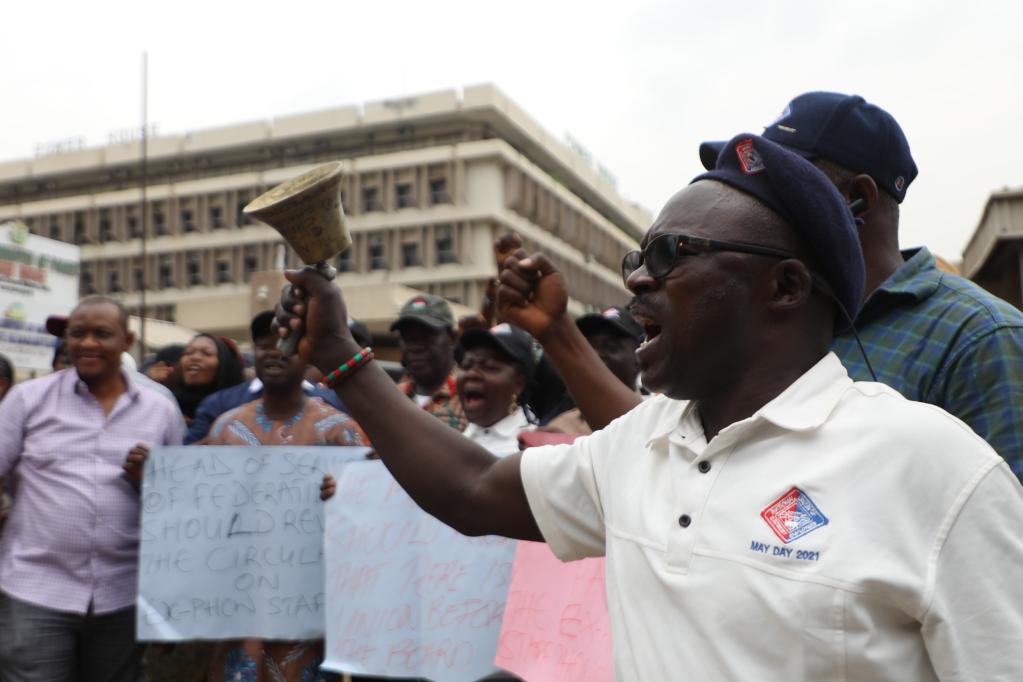
By Adedapo Adesanya
Electricity workers, under the aegis of the National Union of Electricity Employees (NUEE), have issued a 21-day nationwide strike notice to the federal government, citing unresolved labour grievances and what they described as worsening conditions across the power sector.
They formally notified the Minister of Power, Mr Adebayo Adelabu, of their intention to embark on industrial action if urgent steps are not taken to address the persistent violations of workers’ rights within the Nigerian Electricity Supply Industry (NESI).
In the letter, the union accused power sector operators of refusing to honour collective agreements, implement the 2025 National Minimum Wage Act and effect its consequential adjustments. It also alleged widespread anti-labour practices across power generation and distribution companies.
“We have written several letters to the ministry on these issues, but there has been little or no response,” the union stated, expressing frustration over what it described as official indifference.
Among the grievances listed are non-remittance of pension deductions and Pay-As-You-Earn (PAYE) taxes, denial of workers’ right to unionise, intimidation of staff, and failure to improve welfare despite repeated tariff increases.
The union said in some distribution companies, pension contributions deducted from workers’ salaries have allegedly remained unpaid for years, leaving employees uncertain about their retirement security.
The electricity workers also criticised what they termed the “militarisation” of workplaces, alleging harassment and threats in certain power firms.
According to the union, labour is increasingly being treated as an adversary rather than a critical stakeholder in a sector already struggling with public confidence.
The notice further questioned the performance of investors who acquired power assets during the 2013 privatisation exercise.
The union argued that promises of improved infrastructure, capital injection, metering expansion and better service delivery have not translated into meaningful gains for workers or consumers.
While electricity tariffs have risen multiple times in recent years, the union said workers have seen no corresponding improvement in salaries, promotions, bonuses or working conditions.
Business Post reports that the ultimatum likely places the federal government under pressure to act as a nationwide strike would significantly disrupt power generation and distribution, affecting homes, hospitals, small businesses and critical infrastructure already grappling with unreliable supply.
General
Oyetola Warns Budget Shortfall Threatens Operations of NPA, NIMASA, Others
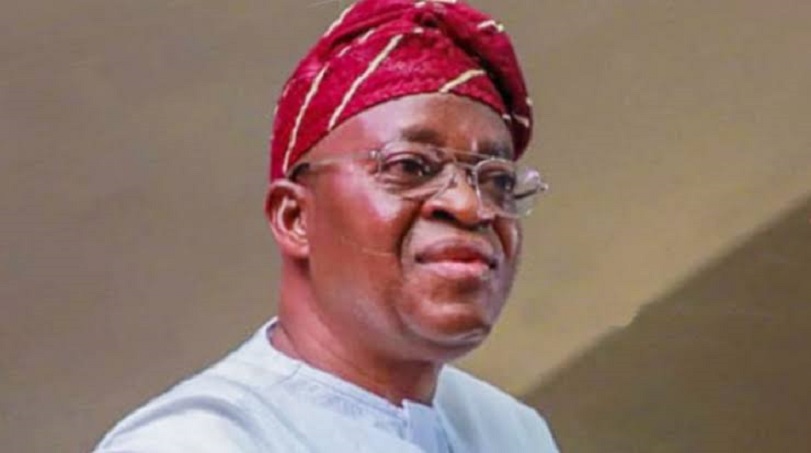
By Adedapo Adesanya
The Minister of Marine and Blue Economy, Mr Adegboyega Oyetola, has warned that operations of agencies under his ministry were being severely constrained by excessive deductions at source by the Office of the Accountant-General of the Federation.
He disclosed on Tuesday while presenting a N10.5 billion budget proposal for the Federal Ministry of Marine and Blue Economy for the 2026 fiscal year.
He lamented that the allocation was grossly insufficient to effectively execute the ministry’s wide-ranging mandate, critical to Nigeria’s trade, transport efficiency and food security.
Mr Oyetola while defending the ministry’s budget before a joint sitting of the Senate Committee on Marine Transport and the House of Representatives committees on Ports and Harbours; Maritime Safety, Education and Administration; Shipping Services; Inland Waterways; and Ocean and Fisheries, said the proposed budget, which comprises N8.24 billion for capital expenditure, N453.86 million for overheads and N1.81 billion for personnel costs, would only sustain minimal operational continuity rather than deliver meaningful reforms or sectoral growth.
The minister explained that the ministry oversees interconnected subsectors, including ports, shipping, inland waterways, fisheries and aquaculture, which collectively handle over 90 per cent of Nigeria’s international trade by volume, national food and nutrition security, and economic competitiveness.
He noted that while agencies such as the Nigerian Ports Authority (NPA), Nigerian Maritime Administration and Safety Agency (NIMASA) and Nigerian Shippers’ Council (NSC) were self-funding and made significant remittances to the Consolidated Revenue Fund, their operations were being severely constrained by excessive deductions at source by the Office of the Accountant-General of the Federation.
According to him, these deductions had weakened liquidity and reduced the operational flexibility of key agencies responsible for maritime safety, port efficiency and regulatory oversight, with far-reaching consequences including port congestion, higher logistics costs, delayed cargo movement, revenue losses and inflationary pressures.
He stressed that what appeared to be an accounting issue had become a national economic concern.
Mr Oyetola also said that the 2026 budget of the Council for the Regulation of Freight Forwarding in Nigeria (CRFFN) was wrongly placed by the Budget Office under the Federal Ministry of Transportation, even though it is an agency under the Federal Ministry of Marine and Blue Economy, saying the misalignment undermined clarity in oversight and policy coherence within the maritime logistics value chain.
On inland waterways, the Minister appealed for increased funding to curb accidents and loss of lives. He said water transport is globally recognised as significantly cheaper than road transport.
He noted that Nigeria’s heavy reliance on road haulage for over 80 per cent of freight movement had worsened road deterioration and increased the cost of goods, arguing that safer and more efficient inland waterways would ease pressure on roads and lower logistics costs.
On fisheries and aquaculture, Oyetola said Nigeria’s annual fish demand of over 3.6 million metric tonnes far exceeded domestic production of about 1.4 million metric tonnes, sustaining imports valued at more than one billion dollars annually.
He added that post-harvest losses of up to 30 per cent further reduced supply, despite fish being one of the most affordable sourNiger.
“As long as we hinder official trade, individuals will resort to informal channels. Currently, we estimate that up to 50 per cent of our domestic areas have resorted to illegal trade, while only about 30 per cent is conducted legally, which is detrimental to our security.”
He pointed out that “this situation is beneficial for the economies of both countries. It will positively impact our maritime sector, as we expect an increase in transit cargo passing through our ports to Niger, resulting in economic activities for our investors in the maritime industry.
“Additionally, this development will benefit Nigerians in border communities, many of whom are engaged in farming and other economic activities, providing them with opportunities to export goods to Niger.”
General
Gaya Rallies APC Support for Governor Abba Yusuf
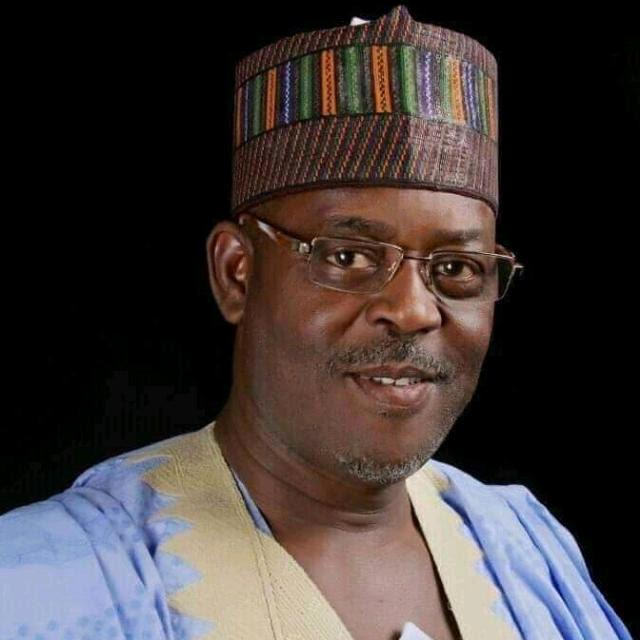
By Abba Dukawa
The independent non-executive director of the Nigeria Sovereign Investment Authority (NSIA), Mr Abdullahi Mahmud Gaya, has called on members of the All Progressives Congress (APC) and key stakeholders in Ajingi, Gaya, and Albasu Local Government Areas of Kano State to close ranks and give their full support to the state governor, Mr Abba Kabir Yusuf.
Mr Gaya described the governor’s defection to the ruling party as a bold and strategic move that reflects his deep commitment to the development and progress of Kano State, noting that APC members and stakeholders in the areas warmly welcomed the governor into the party, alongside elected and appointed officials, party leaders, and other critical stakeholders.
He made this statement during a meeting with APC leaders and stakeholders from the three local government areas, held at his office in the state capital.
According to him, the governor’s courageous decision will strengthen Kano State’s influence at the national level and open new opportunities for economic growth, improved welfare, and greater prosperity for the people.
He also urged party members to take ownership of the democratic process by ensuring they collect their APC membership cards and Permanent Voter Cards (PVCs).
In a show of solidarity and goodwill, Mr Gaya donated N6 million to party members and stakeholders during the meeting as Ramadan support.
Speaking at the gathering, a former Secretary to the State Government and Wazirin Gaya, Usman Alhaji, called on party members to intensify efforts toward strengthening the APC in the area. He said the party’s growing numerical strength in Ajingi, Gaya, and Albasu Local Government Areas already positions it as the party to beat.
Also addressing the meeting, elder statesman and senior stakeholder, Mr Uba Muhammad Danbayye, noted that the party members now recognizes the difference between a mere candidate and a true politician, saying based on Mr Gaya’s leadership style and strong relationship with the people, stakeholders have unanimously resolved to support him and will not field another candidate for the House of Representatives in the upcoming election.
-

 Feature/OPED6 years ago
Feature/OPED6 years agoDavos was Different this year
-
Travel/Tourism10 years ago
Lagos Seals Western Lodge Hotel In Ikorodu
-

 Showbiz3 years ago
Showbiz3 years agoEstranged Lover Releases Videos of Empress Njamah Bathing
-

 Banking8 years ago
Banking8 years agoSort Codes of GTBank Branches in Nigeria
-

 Economy3 years ago
Economy3 years agoSubsidy Removal: CNG at N130 Per Litre Cheaper Than Petrol—IPMAN
-

 Banking3 years ago
Banking3 years agoSort Codes of UBA Branches in Nigeria
-

 Banking3 years ago
Banking3 years agoFirst Bank Announces Planned Downtime
-

 Sports3 years ago
Sports3 years agoHighest Paid Nigerian Footballer – How Much Do Nigerian Footballers Earn




